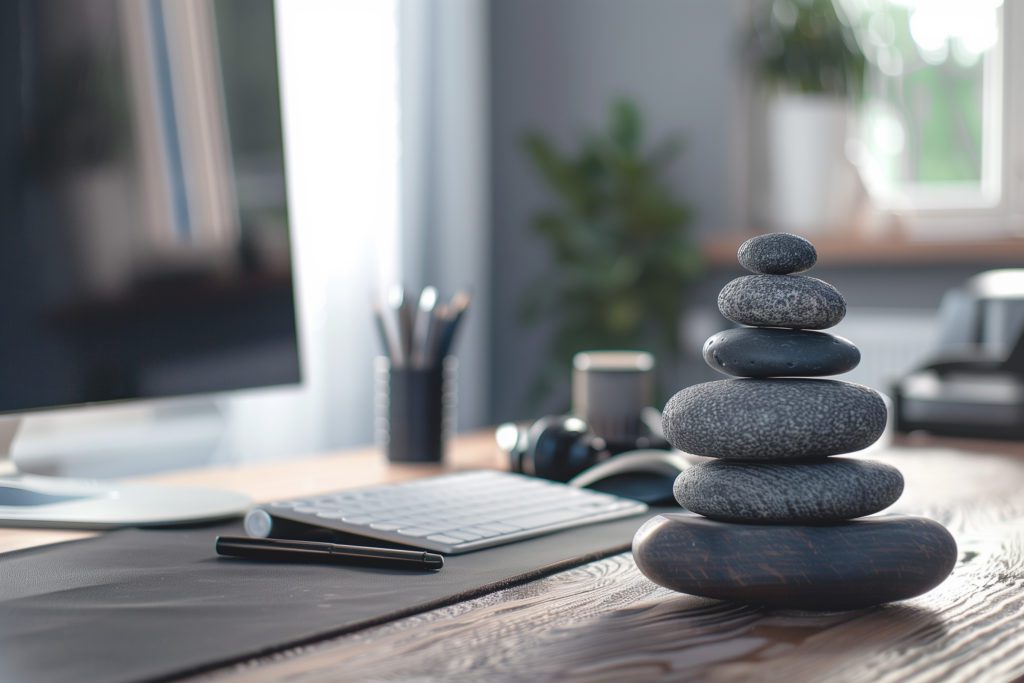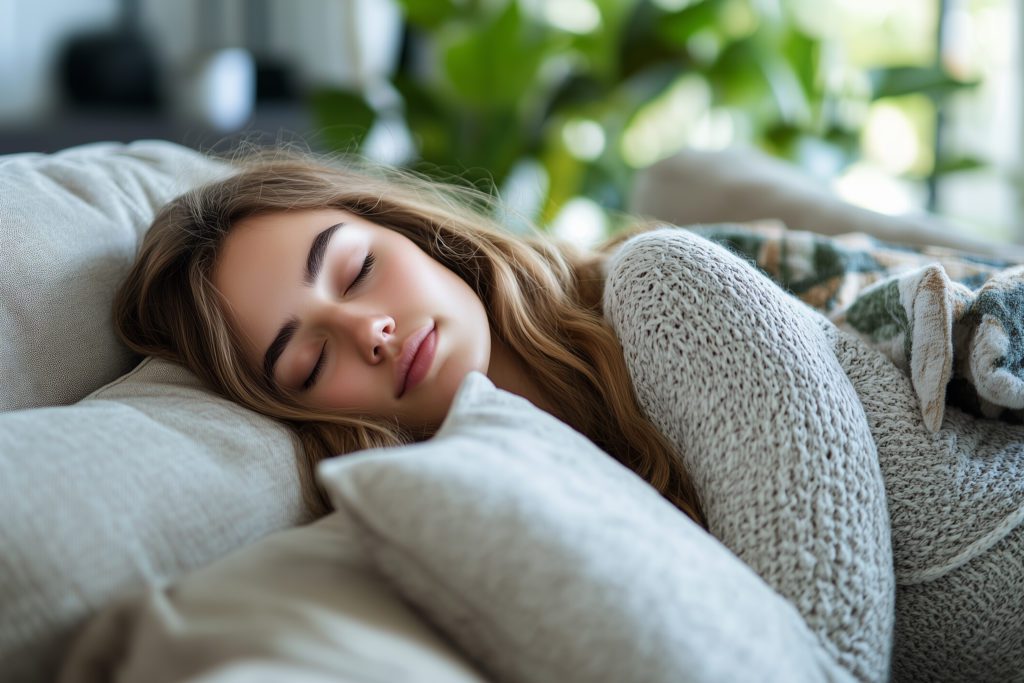
Balancing Your Fitness Goals and Sleep Needs
Fitness and sleep are both essential. Here are some tips to help you balance sleep with exercise. You can exercise later in the day without impacting sleep if done correctly.

Getting regular exercise is one of the most important things you can do for your health. Working out can help you increase lean muscle mass, improve your cardiovascular health, and more. Sleep is also essential to your health. Good sleep improves your cognitive functioning, physical health, and mood.
Between cleaning your home, getting the kids off to school, and working, it can be hard in your daily schedule to find time to workout. The only time you might have to work out is right before bed or early in the morning. Both times might interfere with your sleep. So, which one takes priority —sleep or fitness?
Should you get an extra hour of sleep in the morning and forget about working out? Or, should you work out at night— at the potential expense of your sleep? The answer is that both fitness and sleep are essential. It’s important to find a balance that allows you to do both.
Why You Need Sleep for Fitness
Up to 70 million Americans are sleep-deprived. That means that we’re not getting the recommended amount of sleep per night — seven to nine hours. The problem is that this can affect fitness. When you sleep, the body produces the human growth hormone. This hormone helps repair and build muscles. It’s absolutely essential for recovery from a tough workout session. If you aren’t getting enough sleep, your body isn’t producing enough of this hormone.
How Exercise Can Help You Sleep
Exercise is good for sleep. It primes your body to drift off to sleep faster and helps you sleep sounder. When you exercise, it produces the chemical adenosine in the brain. This chemical causes sleepiness. The more intense your workout, the more driven you will be to sleep thanks to adenosine. Research backs this up.
One study examined the impact of moderate-intensity exercise on sleep in older adults with insomnia. Study participants engaged in moderate exercise four times a week for six weeks. At the end of the study, individuals who exercised got an additional 75 minutes of sleep a night compared to those who did not exercise. In addition, exercise helps maintain your body’s internal clock or circadian rhythm. Exercise helps your body stick to its sleep-wake schedule.
How to Balance Fitness With Sleep
If your schedule makes it hard for you to squeeze in a workout earlier in the day, don’t worry. You don’t have to skip your workouts or interrupt your sleep to work out in the morning. Here are some of the ways to balance your fitness needs with sleep.
If You Exercise Before Bed Stick to Low-Intensity Workouts
Prefer to exercise in the evening? Late-day exercise is fine if that works out best for your schedule. If right before bed is the only time you can fit in a workout, then do it. Not everyone is able to work out early in the morning.
Research has shown that workouts before bed can help reduce anxiety. Another study found that people who engaged in exercise before bed fell asleep faster and woke up fewer times during the night.
But, you have to make sure you choose the right type of workout if you plan to exercise before bed. The intensity of exercise is important. Save those higher-intensity workouts for earlier in the day. For the evenings, stick with something low-impact like yoga, stretching, or a calming sunset walk.
Do High-Intensity Workouts Early in the Day
Do you prefer high-intensity exercises like running, cycling, and jumping rope? Doing high-intensity Interval Training (HIIT) and similar workouts too close to bedtime can negatively impact sleep. Intense workouts cause increased heart rate and adrenaline levels, which can impact your ability to sleep. Research has shown that these workouts can delay sleep. Therefore, do these types of exercises at least four hours before bed.
How to Get Better Sleep if You Work Out at Night
Are you worried that those late-in-the-day workouts might disturb your slumber? Here are some tips to get better sleep after your evening workout.
Use a Fitness Tracker
If you workout in the evening, use a fitness tracker that has a heart rate monitor. Experts say that a rise of 26 beats per minute (BPM) in heart rate can impact sleep if you work out before bed. However, a rise of 10 BPM doesn’t seem to impact sleep.
Don’t Skip Your Post-Workout Cooldown
A cooldown is important to help transition your body into a relaxed state so that you can sleep. If you work out later in the day, a proper cooldown is even more important. Stretching is a great way to release body tension and help you achieve a sense of relaxation and calmness before bed.
A Post-Workout Shower is Also Important
A cozy warm shower or bath before bed can actually help your body cool down before bed, which can help you sleep better. That’s because it triggers your blood vessels to open, which causes your body to release heat. This lowers your body temperature and promotes healthy sleep.
Try a Post-Workout Snack
If you go to bed hungry, you won’t be able to sleep. So, make sure you refuel after your late-night workout. However, it’s important not to eat too much. This can trigger acid reflux and make it hard to sleep. Stick to a light snack that contains protein and carbs. These will help you recover after a workout. Examples include low-fat cottage cheese or whole-grain toast with peanut butter.
Leave Time to Wind Down
If you like to exercise at night, make sure you wrap your workout up at least 30 minutes to an hour before bed so you have time for a relaxing bedtime routine. Your bedtime routine might include things like listening to soothing bedtime sounds, dimming the bedroom lights, turning off your phone, reading a book, or journaling.
Finding Balance Between Your Workouts and Sleep
Getting regular exercise is essential, but so is getting enough sleep. It’s important to balance your workouts with your sleep routine to ensure that you get your workout in, and also get enough sleep.

Written by
Emily Mendez
Emily Mendez is a former therapist and mental health author. She is one of the leading voices in mental health. Emily's writing has appeared in eCounseling, SonderMind, and more. Emily is frequently interviewed by Healthline, Fatherly, INSIDER, Family Circle, and other national media for her advice and expert opinion on the latest mental health topics.
Download Pillow
Get help
Press & News
Legal
Connect
X (Twitter)
Company
Copyright © Neybox Digital Ltd.



